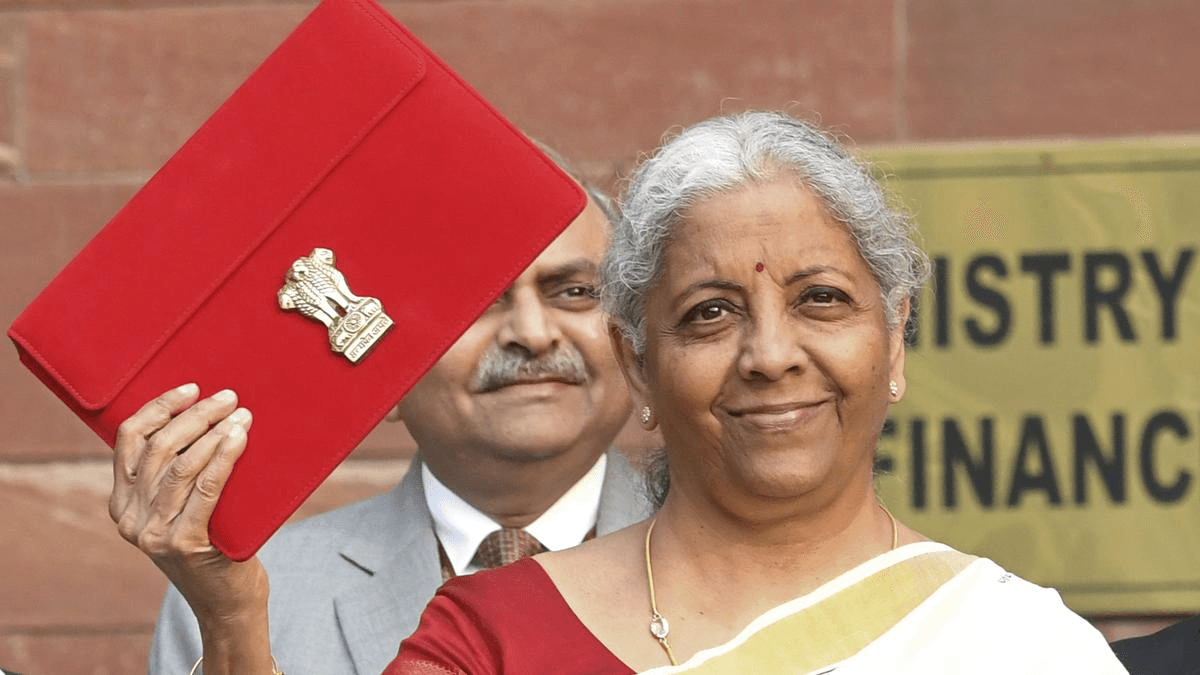 On April 4th, following 12 hours of debate in the Lok Sabha and 14 hours of discussion in the Rajya Sabha, the Waqf (Amendment) Bill, 2025 was passed. This Bill repeals the Mussalman Wakf Act of 1923, amends the Waqf Act of 1995, and incorporates 25 recommendations made by the Joint Parliamentary Committee (JPC). It seeks to address systemic inequalities, promote gender equality by mandating the inclusion of at least two Muslim women on the Central Waqf Council and State Waqf Boards, ensure inheritance rights for women, and enhance sectarian inclusivity by requiring representation from various Muslim sects on State Waqf Boards. However, after the Bill received Presidential assent, over 65 petitions were filed in the Supreme Court by politicians, civil society organisations, and advocates, challenging the constitutional validity of the Act. So, what exactly is the controversy surrounding this new law? Members of the Opposition argue that the amendments infringe upon the Muslim community’s religious autonomy. They claim that the Act seeks to reduce Muslims to “second-class citizens,” questioning both its intent and content. Meanwhile, the government maintains that the reforms aim to improve transparency and accountability. In this article, we analyse the new law, identify its shortcomings, and examine its potential impact on the Muslim community.
On April 4th, following 12 hours of debate in the Lok Sabha and 14 hours of discussion in the Rajya Sabha, the Waqf (Amendment) Bill, 2025 was passed. This Bill repeals the Mussalman Wakf Act of 1923, amends the Waqf Act of 1995, and incorporates 25 recommendations made by the Joint Parliamentary Committee (JPC). It seeks to address systemic inequalities, promote gender equality by mandating the inclusion of at least two Muslim women on the Central Waqf Council and State Waqf Boards, ensure inheritance rights for women, and enhance sectarian inclusivity by requiring representation from various Muslim sects on State Waqf Boards. However, after the Bill received Presidential assent, over 65 petitions were filed in the Supreme Court by politicians, civil society organisations, and advocates, challenging the constitutional validity of the Act. So, what exactly is the controversy surrounding this new law? Members of the Opposition argue that the amendments infringe upon the Muslim community’s religious autonomy. They claim that the Act seeks to reduce Muslims to “second-class citizens,” questioning both its intent and content. Meanwhile, the government maintains that the reforms aim to improve transparency and accountability. In this article, we analyse the new law, identify its shortcomings, and examine its potential impact on the Muslim community.
What is Waqf?
“Waqf,” also referred to as ḥabs or mortmain property, is a charitable endowment under Islamic law. It typically involves the donation of property, especially real estate, for religious or charitable purposes. Waqf properties are inalienable — they cannot be sold or transferred. Waqfs support institutions such as schools, orphanages, and hospitals in many Muslim-majority nations. The tradition is deeply rooted in Islamic practice and is meant to ensure long-term support for essential community services.
History of Waqf
The Waqf system has existed throughout Indian history. It began during the early Delhi Sultanate period when Sultan Muizuddin Sam Ghaor donated two villages to the Jama Masjid of Multan and appointed a Shaikh-ul-Islam to administer them. As the Delhi Sultanate and later Islamic dynasties expanded in India, Waqf properties increased in number, leading to a need for stronger regulatory frameworks. After independence, the Waqf Act of 1945 was enacted to oversee Waqf properties across India. This led to the formation of the Central Waqf Council in 1964 as a statutory body, tasked with supervising various State Waqf Boards, established under Section 9(1) of the Waqf Act, 1954.
Key Changes and Issues in the New Waqf Law
The Waqf (Amendment) Bill, 2025 aims to "fix" and modernise the Waqf Act of 1995. The Bill introduces changes intended to rectify flaws in the previous legislation and bring more structure and order to waqf law. It seeks to update definitions and registration processes by integrating technology to manage records efficiently. Additionally, the Mussalman Wakf (Repeal) Bill, 2025 intends to discard outdated and ineffective policies, ensuring greater transparency, uniformity, and accountability. However, the Bill has triggered significant debate, particularly around issues of irrevocability and ownership of waqf properties. This relates to the principle of "once waqf, always a waqf", which remains unclear under the new framework, raising concerns about citizens’ property rights. The Supreme Court also pointed out shortcomings in the de-recognition of waqf-by-user properties and the inclusion of non-Muslims in waqf administration. The Court remarked:
“Before the British came, there was no land registration law or Transfer of Property Act. Many mosques were built in the 14th, 15th, and 17th centuries. Asking for registered sale deeds now is impossible. Take the Jama Masjid, for example — it is a waqf-by-user property. If such a waqf was recognised under previous versions of the Waqf Act, can it now be declared void?”
This reflects the pressing need for clear regulatory mechanisms and effective dispute resolution, which remain missing in the 2025 Amendment. The Bill also potentially violates Article 26 of the Indian Constitution, which upholds the secular and religious rights of communities by guaranteeing them the freedom to manage religious affairs, including charitable activities and institutions. Furthermore, there exists no central law that allows people of other faiths to be included in the religious boards of Sikh gurdwaras or Hindu temples. So why now, and why only in the case of Waqf boards?
Written by Madhav Sadana


